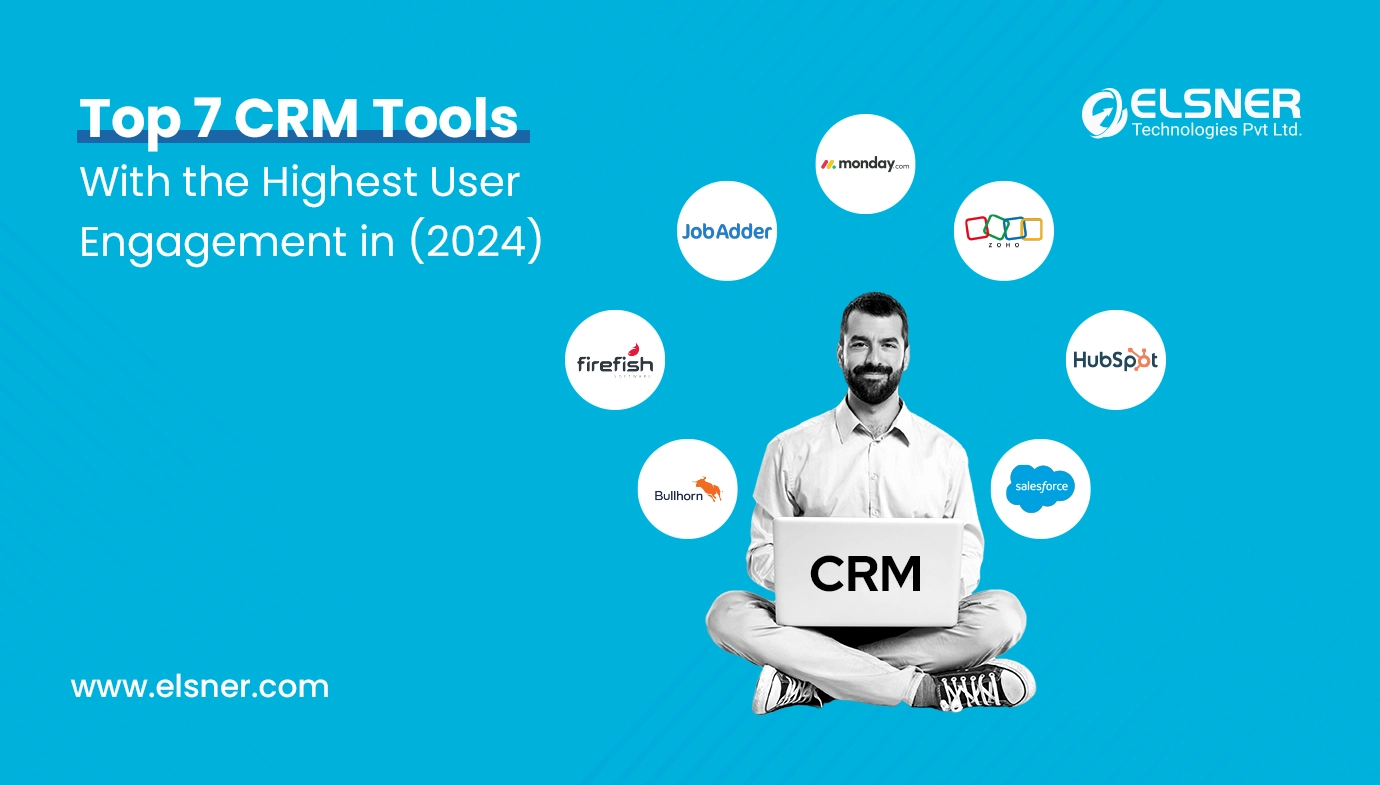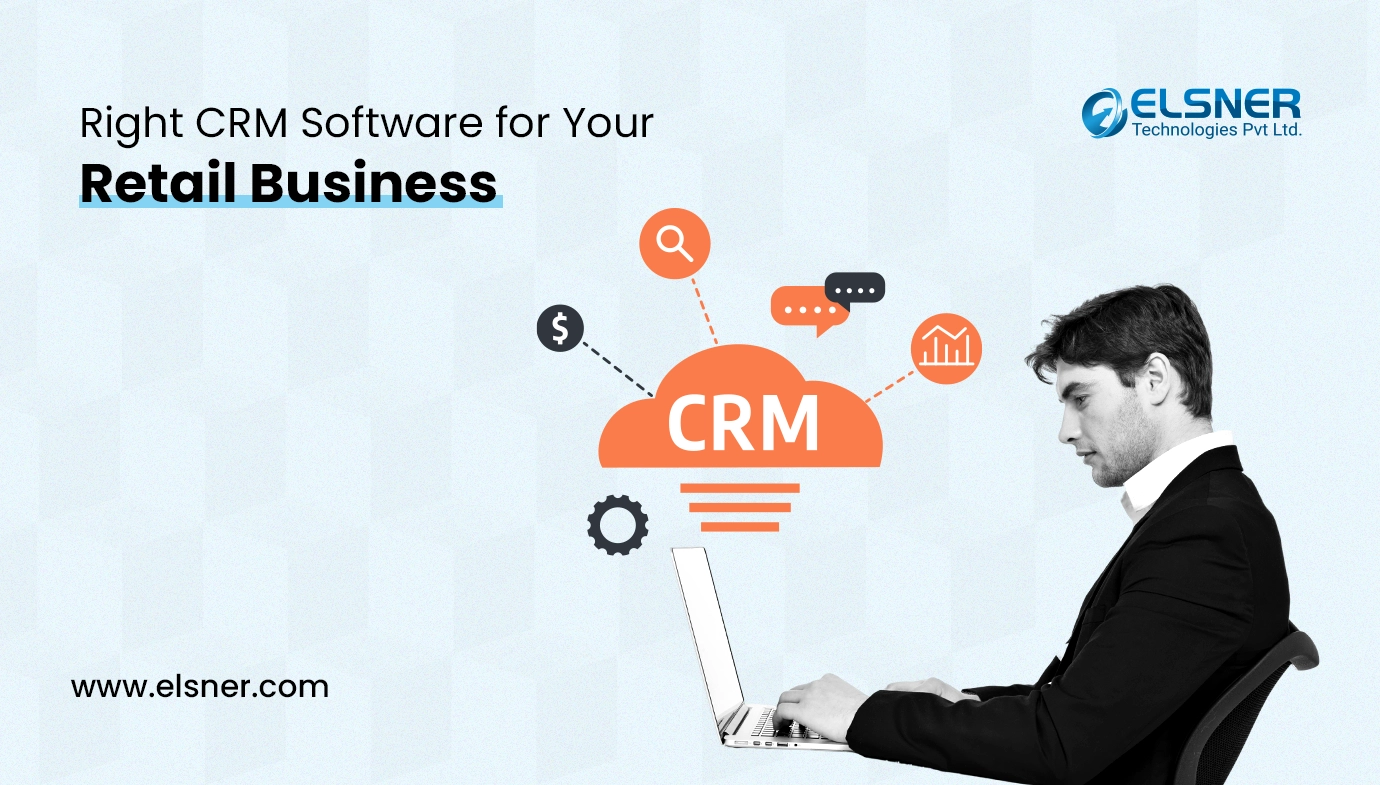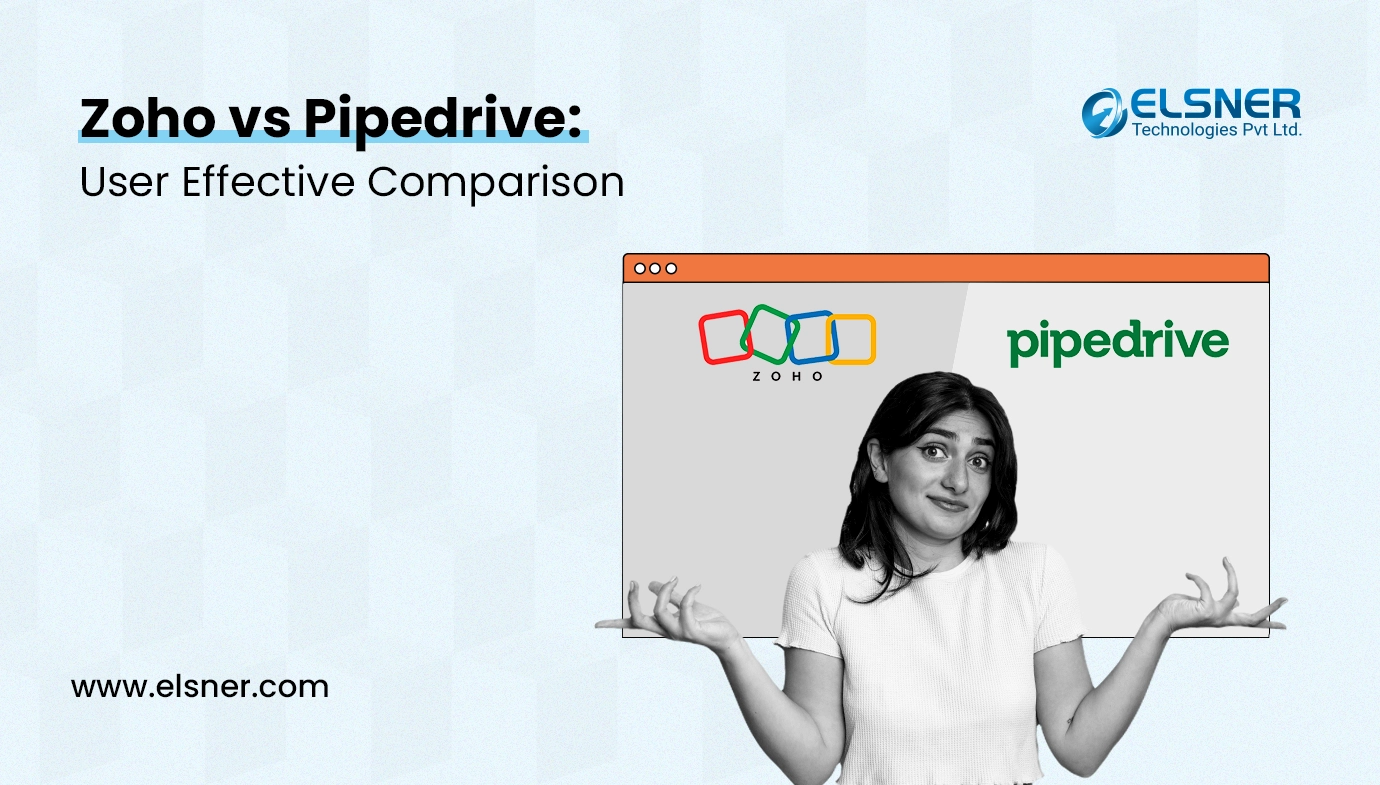CRM software or customer relationship management software denotes a category of software covering a broad set of applications designed to help businesses manage a whole host of the components of the sales side. In current times, the potential of CRM software suites to influence the growth and overall smooth operation of a business is indisputable. Studies and hands-on experiences have shown without a doubt that CRM suites have and will continue to play a critical role in the management of any given type of business. Thus, the entrepreneur must be aware of what exactly CRM suites are and the best ones that are available.
What is a CRM software suite?
As stated previously, it is used to mean a category of software utilized in managing a business’s sales. They have the ability to record customer contact information such as email, telephone, and such automatically. The information is organized in a way that is designed to give you a complete record of individuals and companies helping you to better understand your relationships with the customers over time. Aside from this, integrating your business systems with a CRM software suite gives you a complete, accurate, and constant record of the business’s finances. Information presented this way allows the careful entrepreneur the ability to maximize revenue potential from every minute detail.
Recommended CRM software suites
Listed below are the seven best recommended CRM software suites for general users. It is to be noted that the list is in no particular order and all the entries are to be looked at equally.
1. HubSpot CRM:
It is one of the free-to-use CRM tools with robust and effective features. Its CRM capabilities allow you to extend your reach to social media, databases, a drag-and-drop communicator, websites, phones, and email. HubSpot is popular as it offers essential basic features and does not encumber users with complexity. It currently sits at 200,000 active users with 60,000 business customers
2. Salesforce Essentials:
Salesforce Essentials is unique by virtue of it being available as a mobile apps for iOS and Android that offer real-time data streaming from the database and dashboards. Its modules such as sales data, marketing automation, lead management, partner management, and contact manager allow you to track leads from customer details and convert them into profitable deals. You may avail a 14-day free trial to get a hold of the software’s semantics before signing up for one of the five paid packages that start from $25 a month for 10 users. Its robust management facilities make it one of the most popular CRM software in use, with 7,200,000 active users and 150,000 business customers.
3. Pipedrive:
Pipedrive is another excellent CRM tool for all businesses. You can utilize this to efficiently manage your organization’s sales pipeline from all aspects. It also allows you to switch modules on and off as per your needs without affecting the quality of service. Pipedrive stands out by virtue of being available in 13 currencies, a great fit for companies involved in business internationally. A 30-day free trial is available and its three paid packages are priced starting from $10 a month. Pipedrive is evidently popular among multi-national companies, boasting 230,000 users across 60,000 business customers.
4. Zoho CRM:
Zoho CRM is web-based its core features include lead and contact management, purchase control, sales pipeline management, sales force automation, and account management. It is thus popular with sole entrepreneurs and small businesses. Zoho CRM converts website visitors into promising leads thanks to its ability to automate routine business tasks and engage customers on multiple platforms. It has an ‘Opportunity Tracking’ tool that shows you a customer’s contact history, deal size, and competitor profile, these make it easy to create targeted messages. Pricing starts at $12 per month and it boasts 20,000,000 users and 80,000 customers.
5. bpm online CRM:
This Customer relationship management software is unique due to its combination of customer data with business process management tools, extending to the automation of the customer service process. Main features include administrative tools, analytics with dashboards, customizable reports, and real-time diagrams. The dedicated Customer Success Manager is one of the highlights of the bpm online CRM which is provided to help companies maximize the benefits of the software’s features and capabilities. Bpm’online CRM stands at 650,000 users and 8,000 customers.
6. vCita:
vCita is presented as a complete cloud solution for the management of contacts, customers, and business processes. Its functionalities for online payment, client communication, etc. make it ideal for small teams and professional services providers. Owing to this specialty, it can integrate with many third-party apps and starts at $29 a month. It boasts 80,000 users and 56,00 customers.
7. Odoo:
Odoo is an all-in-one business software that, along with being a robust ERP system, is also an equally effective CRM solution. Odoo’s extensible architecture means that there is never a shortage of modules and apps developed by third parties, leaving no possible business requirement unfulfilled. As such, over 16,000 apps or modules are available. Even the core modules allow you to cover every single functionality, such as the systems above, which is why we recommend Odoo. Payment options for Odoo are scalable and can be modified at any point in use since any combination of modules can be bought separately. Odoo hosting is best assisted by Syncoria, a digital transformation solution provider based in Canada, and an official Odoo Ready partner. You can never go wrong with Odoo.
Conclusion:
CRM suites have undoubtedly grown to be essential cogs in the machines of business management. Surveys show that a great percentage of businesses are planning or will start planning additional CRM investments over the years, according to the business size and need. There are multiple best CRM systems for startups, CRM systems for small businesses, and CRM systems for mid-size or large businesses. The benefits of implementing a CRM software suite include better client relationships, improved ability to cross-sell, increased team collaboration, improved efficiency in serving clients, greater staff satisfaction, increased revenue and profitability, cost savings, less client attrition, and much more. The market for CRM software suites is only expected to grow as more and more businesses continue to increase their investments. It is, however, essential for an entrepreneur to choose a CRM suite wisely considering the business requirements.
Our recommendation of Odoo is to be taken with the understanding that experience has led us to the conclusion that it is fine for any type of business owing to its robust scalability and flexibility. User support for Odoo is also consistently rated very highly, these features mark the best of the best among CRM software suites. It is also important to understand that a poorly integrated CRM software suite does more harm than good, making installation a tricky process sometimes. More often than not, you may require third-party assistance for this and you can find the list of Odoo’s partners directly on the Odoo website.
We earnestly hope that this article helps you choose the right system for your needs and in turn, gives you the best results.

About Author
Pankaj Sakariya - Delivery Manager
Pankaj is a results-driven professional with a track record of successfully managing high-impact projects. His ability to balance client expectations with operational excellence makes him an invaluable asset. Pankaj is committed to ensuring smooth delivery and exceeding client expectations, with a strong focus on quality and team collaboration.




